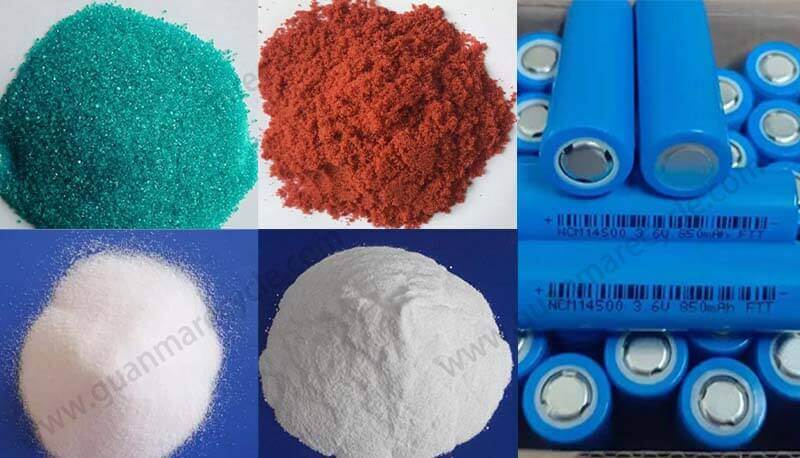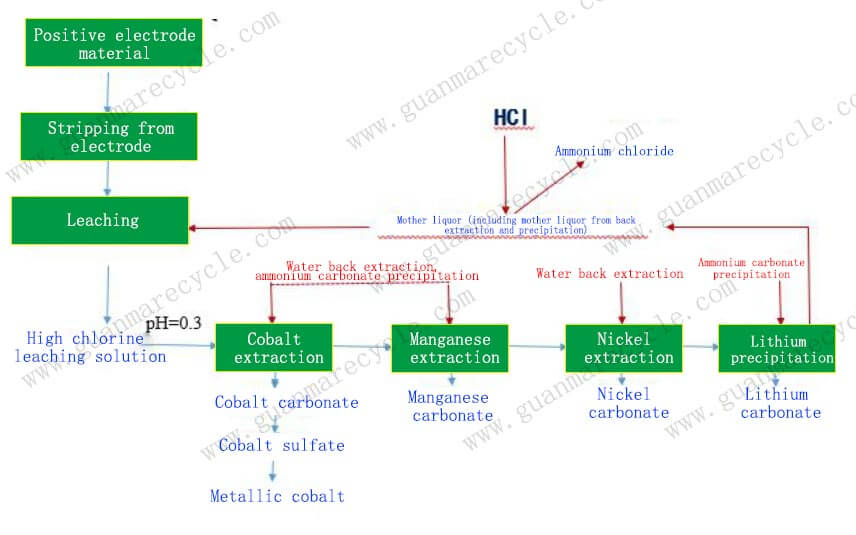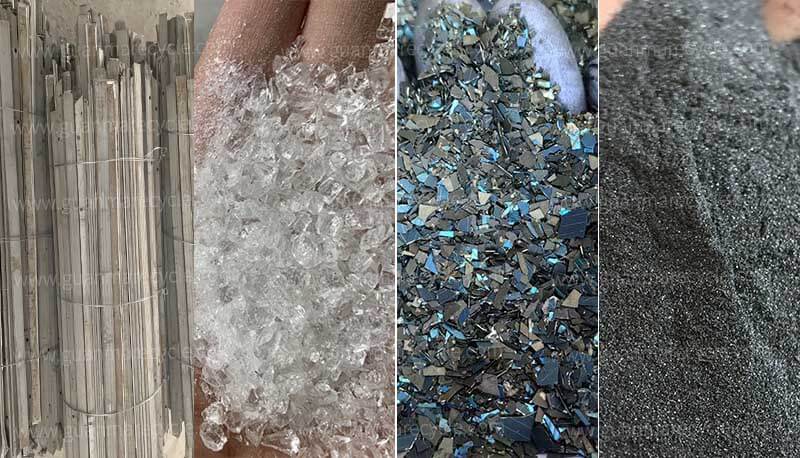Lithium-Ion Battery Recycling Possible Introduction
Have you ever wondered what happens to your phone or electric car battery once it reaches the end of its life? With the increasing demand for electronic devices and electric vehicles, lithium-ion (Li-ion) batteries have become ubiquitous. As convenient and efficient as they are, the environmental concerns around their disposal have sparked a global conversation. So, is lithium-ion battery recycling possible? And if so, how?
Understanding Lithium-Ion Batteries
Composition of a Lithium-Ion Battery
A lithium-ion battery consists of three key components: the anode (usually made from graphite), the cathode (typically composed of lithium metal oxides), and the electrolyte (a liquid that allows ions to move between the anode and cathode). These batteries are prized for their high energy density, making them the go-to choice for powering everything from smartphones to electric cars.
How Lithium-Ion Batteries Work
The magic of lithium-ion batteries lies in the movement of lithium ions. When charging, lithium ions move from the cathode to the anode. When discharging, the ions travel back to the cathode, releasing energy in the process. This efficient mechanism provides a reliable power source for modern technology.
The Need for Lithium-Ion Battery Recycling
Environmental Impact of Improper Disposal
The environmental impact of improperly disposing of lithium-ion batteries cannot be overstated. If these batteries end up in landfills, they can leach toxic substances like lithium, cobalt, and nickel into the soil and water, posing significant health risks to humans and wildlife.

Resource Conservation and Recovery
As the world shifts toward green technologies, the need to recover valuable resources from old batteries becomes ever more pressing. The materials used in lithium-ion batteries are finite, and recycling helps ensure that we don’t deplete our planet’s natural reserves.
Is Recycling Lithium-Ion Batteries Technically Possible?
The Current State of Recycling Technologies
Yes, recycling lithium-ion batteries is technically possible. However, it’s not a straightforward process. While some recycling methods have been in use for years, the industry is still evolving, and many challenges remain.
Challenges in Recycling Lithium-Ion Batteries
One of the primary obstacles is the complexity of battery design. With different manufacturers and technologies at play, sorting and processing lithium-ion batteries efficiently is a challenge. Additionally, some of the materials in these batteries are difficult to extract and recycle without specialized techniques.
Benefits of Recycling Lithium-Ion Batteries
Recovering Valuable Metals
One of the most significant benefits of recycling lithium-ion batteries is the ability to recover valuable metals like cobalt, nickel, and lithium. These metals are essential for creating new batteries and are often in limited supply.
Reducing Carbon Footprint
The recycling of lithium-ion batteries reduces the need for mining and manufacturing new materials, which in turn lowers the carbon footprint associated with battery production.
The Future of Lithium-Ion Battery Recycling
Advances in Recycling Technologies
The future looks promising for lithium-ion battery recycling. New developments, like more efficient hydrometallurgical processes and automated sorting systems, are expected to make recycling more viable.

The Role of Legislation
As governments around the world take stronger actions against waste and pollution, regulations will likely increase to push for higher rates of recycling. This could drive the development of better recycling technologies.
Sustainable Battery Design
One of the key strategies to improve recycling rates is designing batteries that are easier to recycle. As the industry evolves, battery manufacturers may create more standardized designs that streamline the recycling process.
Lithium-ion battery recycling is not just possible—it’s essential for the future of sustainable technology. While challenges remain, ongoing innovation and increasing global efforts show that we are heading in the right direction. By recovering valuable materials and preventing environmental damage, lithium-ion battery recycling has the potential to make a significant positive impact on the planet.


